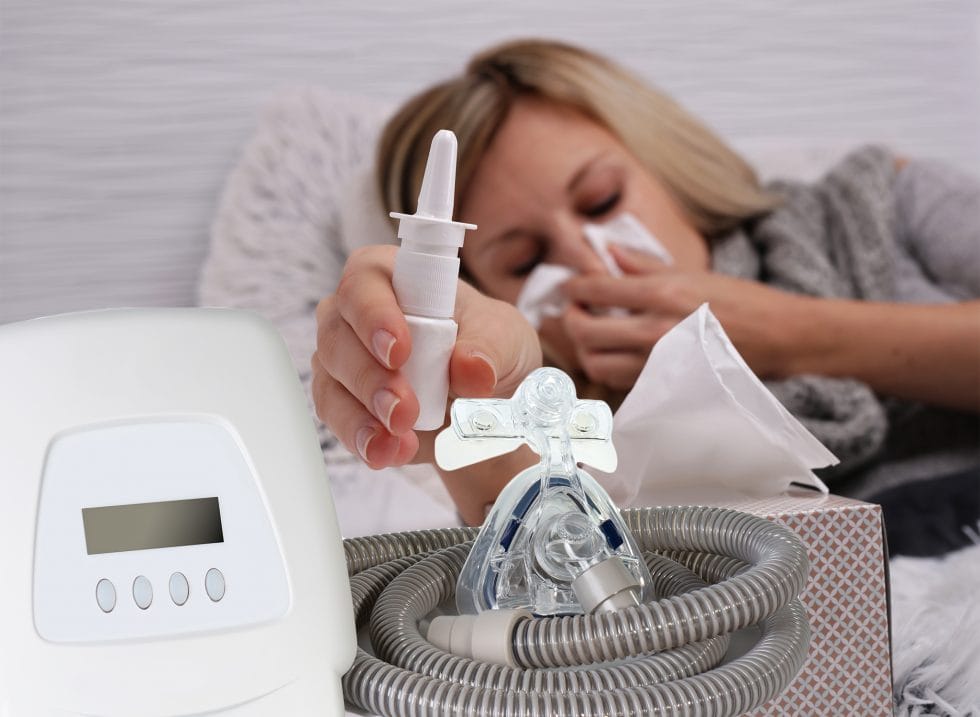Recent Posts

NEW STUDY SHOWS LESS THAN 6 HOURS OF QUALITY SLEEP LEADS TO THE CONDITION A new study, published this week in the New York Times as breaking news, indicates that people “who don’t get enough sleep in their 50s and 60s may be more likely to develop dementia when they are older.” The study found those who “consistently reported sleeping six hours or less… were about 30% more likely… to be diagnosed with dementia.” One major reason people do not get enough sleep is undiagnosed and/or untreated sleep apnea. “Obstructive sleep apnea, or OSA, is a very common sleep disorder – and it impacts far more people than we once thought,” says Dr. Kevin Mangelson, DMD, who runs The Center for Sleep Apnea & TMJ in Salt Lake County. “Patients with obstructive sleep apnea briefly stop breathing – or have reduced airflow – often multiple times each night while they are asleep.” One in 15 adults in the United States suffers from OSA — which translates to about 20 million people. Further, an estimated 80% of those sufferers are undiagnosed, which leaves their OSA untreated. Not only is their sleep time lacking – so, too, is the quality of sleep necessary to protect brain function. Continuous positive airway pressure (CPAP) machines are the most common treatment for sleep apnea patients. The device, which holds the airway open while the person sleeps, can be life-saving while also significantly improving a patient’s quality of life. More immediately, for OSA patients (both diagnosed and undiagnosed) not using CPAP treatment for even a single night can be extremely dangerous. “One of the main problems we see is patients not using their CPAP,” says Dr. Mangelson. “And, as this study shows, how much you sleep is critical — but BREATHING is even more critical. Your brain would much rather disrupt your sleep than let you suffocate.” “For those who can’t tolerate CPAP, or need an option for travel, there’s something called an oral appliance* – which is a terrific treatment option” continues Dr. Mangelson. “It’s small and portable, so we have many people use them just when they can’t use their CPAP, like when they travel or go camping.” The critical takeaway from this new study is to ensure sleep apnea sufferers are being diagnosed and given options for treatment. Otherwise, issues like dementia, memory challenges, depression, diabetes, and increased risks of heart attack or stroke will continue to present themselves in these patients.




